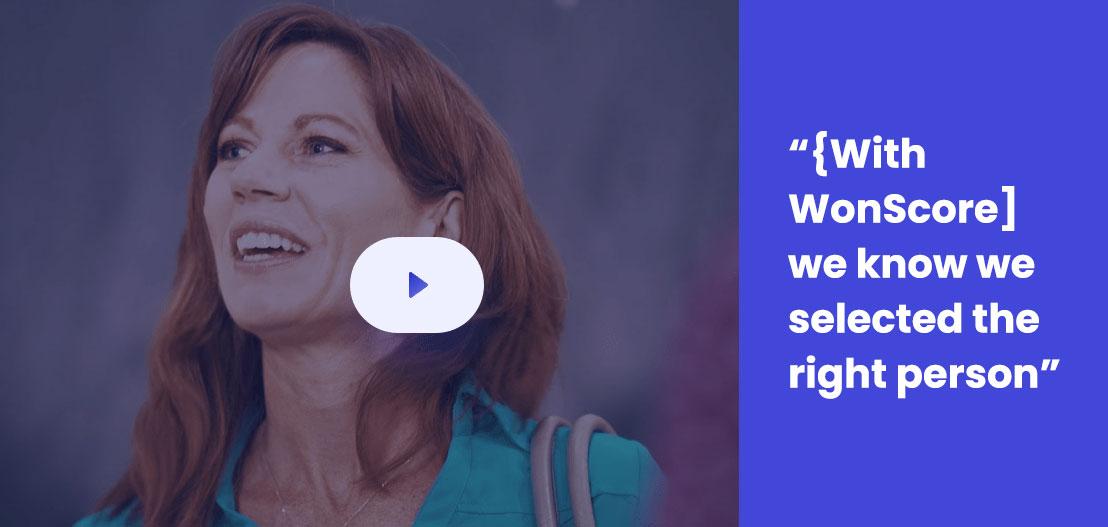Founded in 1979 by Chuck Surack as a mobile recording studio, Sweetwater has grown rapidly to become the premier music technology retailer in the world. They offer literally everything you could need if you’re a music person, like professional recording and live sound equipment, guitars, basses, keyboards, drums, computers and software, and accessories. Plus they’ve got some of the biggest brand names in the industry- Digidesign, Roland, Yamaha, Mackie, Korg, and Kurzweil.
“Generally speaking, highly creative types aren’t necessarily also strong technically,” McDonald says. “Good sales engineers need to be personable, intuitive, caring, and smart. They need top-notch people skills to deliver the brand of outrageously great customer service we’re famous for. They’ve got to be empathetic listeners, but also assertive enough to ultimately sell their product. The kicker is that they also need deep technical chops in the field of computer recording and music to sell these fairly complex products.”
That’s not typically an all-in-one package.
“This is a commission-based job that takes persistence, the fortitude to make 80 sales calls a day, and the organizational skills to be able to do it effectively,” McDonald says. “We look for a unique combination of traits and skills because of the position, but they also reflect changes in the music industry as a whole. New technology has transformed the core of the business, and most music is now recorded using sophisticated computer technology.”
The Challenge
For all that crazy merch, you need a salesperson who knows their stuff- which can be a challenge, according to Jeff McDonald, Director of HR at Sweetwater Sound. The job of sales engineer is a difficult position to fill because they have to have both left- and right-brained skills.
The Solution
Sweetwater uses personality assessments, allowing McDonald to pre-screen candidates beyond an introductory phone interview. His new process makes sure he’s only interviewing the top candidates, so he’s no longer wasting time with people who aren’t suited for the position.
The Results
We’ll let McDonald explain it.
“Within four months, it will have pretty much paid for itself with the savings we’ve made on travel expenses alone,” he says.
“We couldn’t be more pleased with how this has helped our process. We felt we had a really good success rate before, but it has gone to a whole higher level by adding this step. When you can find something that gives you better hires and saves money at the same time in this economy, it’s a big win.”




























